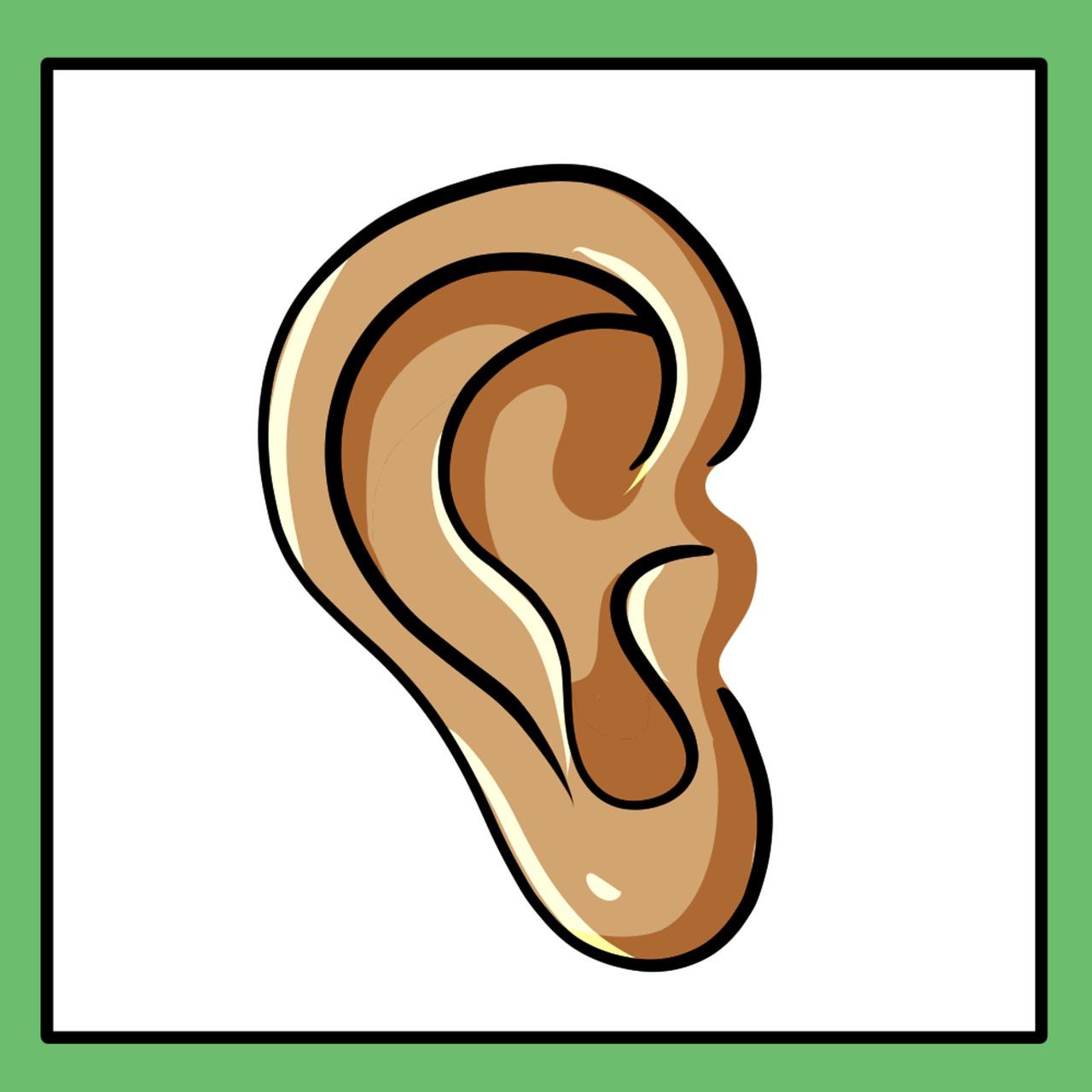In a world filled with endless distractions and constant noise, effective listening often falls by the wayside. Yet, its significance cannot be overstated. Listening is not just about hearing the sounds around us; it encompasses the art of truly understanding and engaging with others.
Effective listening plays an integral role in various aspects of our lives, from personal relationships to professional success. Whether you are a student, a colleague, a parent, or a friend, honing your listening skills can have a profound impact on your interactions and overall well-being.
In this blog post, we will explore the purposes of listening, the challenges that hinder effective listening, and practical strategies to sharpen your listening skills. Understanding the importance of effective listening can bring about positive changes in both your personal and professional spheres. So, let’s dive in and discover the transformative power of attentive and empathic listening!

What is the Importance of Effective Listening?
Effective listening is a skill that is often overlooked in our fast-paced and noisy society. However, its importance cannot be overstated. Whether it’s in personal relationships, professional settings, or even just during everyday conversations, effective listening plays a crucial role in both understanding and being understood. So, let’s take a closer look at why effective listening matters.
Enhances Understanding and Communication
When we truly listen, we not only hear the words being spoken, but also the underlying emotions, intentions, and meanings behind them. This level of understanding can help foster stronger connections with others, prevent misunderstandings, and promote effective communication. So, the next time you find yourself in a conversation, put away your distractions and give your undivided attention to the speaker. You’ll be surprised at how much more you can comprehend and connect with others.
Builds Trust and Relationships
Effective listening goes hand in hand with building trust and nurturing relationships. When people know they are being heard, they feel valued and respected. This creates an atmosphere of trust and openness, where individuals are more likely to share their thoughts, ideas, and concerns. By actively engaging in effective listening, you can strengthen your relationships, both personally and professionally.
Resolves Conflict and Prevents Misunderstandings
Misunderstandings and conflicts often arise from miscommunication. When we fail to listen effectively, we may misinterpret others’ words, intentions, or emotions, leading to unnecessary disputes. On the other hand, by actively listening and seeking clarification when needed, we can avoid misunderstandings and resolve conflicts more effectively. So, instead of jumping to conclusions, take the time to listen carefully, ask questions, and seek mutual understanding.
Boosts Personal and Professional Growth
Listening isn’t just about hearing what others have to say; it’s also an opportunity for personal and professional growth. By listening attentively to diverse perspectives, ideas, and feedback, we can expand our own knowledge, challenge our assumptions, and evolve as individuals. Effective listening allows us to learn from others, broaden our horizons, and become better versions of ourselves.
Improves Problem-Solving and Decision-Making
When faced with problems or decisions, effective listening can be a powerful tool. By actively listening to different viewpoints, gathering information, and considering multiple perspectives, we can make more informed choices. Additionally, effective listening allows us to ask thoughtful questions, uncover hidden insights, and generate creative solutions. So, whether it’s in the boardroom or the living room, honing your listening skills can lead to better problem-solving and decision-making.
In a world filled with noise and distractions, effective listening is a valuable skill that can transform our relationships, boost our personal and professional growth, and enhance our understanding of the world around us. So, let’s make a conscious effort to become better listeners, giving others the gift of our attention and creating a more harmonious and connected society. After all, listening is not just about our ears; it’s about opening our minds and hearts to the power of understanding.

FAQ: What is the Importance of Effective Listening?
What are the Purposes of Listening
Listening to Understand:
Effective listening allows for better understanding of the information being communicated. It helps us grasp the key points, ideas, and details, enabling us to gain knowledge and insight.
Listening to Connect:
Listening plays a vital role in building connections with others. By actively listening, we show respect, empathy, and genuine interest in the speaker, fostering stronger relationships and effective communication.
Listening to Learn:
Listening is essential in educational settings. It helps students absorb information, engage in discussions, and comprehend new concepts. Effective listening promotes effective learning.
What is the Importance of Effective Listening
Enhances Communication:
Effective listening is the cornerstone of effective communication. It promotes clarity and mutual understanding between the speaker and listener, reducing misunderstandings and conflicts.
Builds Trust and Rapport:
When we listen attentively, others feel heard and valued. This fosters trust, strengthens relationships, and encourages open and honest communication.
Improves Productivity:
Through effective listening, we can better comprehend instructions, feedback, and expectations. This leads to improved task performance, problem-solving, and overall productivity.
What is Empathic Listening with Example
Understanding and Sharing Emotions:
Empathic listening involves not only hearing words but also seeking to understand and share the speaker’s emotions. An example of empathic listening is when a friend listens, validates, and supports you during a challenging time, acknowledging your feelings.
Active Engagement:
Empathic listening requires active engagement and a genuine effort to comprehend the speaker’s perspective. It involves showing empathy, asking clarifying questions, and providing supportive responses.
What is the Main Problem of Listening
Distractions:
One of the main problems with listening is distractions. In our fast-paced digital world, it’s easy to get sidetracked by smartphones, social media, or our own thoughts. These distractions hinder our ability to listen actively and effectively.
What Causes Poor Listening
Preoccupation:
Poor listening often arises from being preoccupied with our own thoughts, concerns, or agenda. When we are mentally elsewhere, it becomes challenging to focus on and fully understand what others are saying.
Lack of Interest:
A lack of interest or indifference towards the speaker or topic can lead to poor listening. Without genuine curiosity, we may unintentionally tune out or fail to engage actively in the conversation.
How Can I Sharpen My Listening Skills
Minimize Distractions:
To sharpen your listening skills, minimize distractions by turning off notifications, finding a quiet environment, and focusing solely on the speaker. Give them your undivided attention.
Practice Active Listening:
Engage in active listening by maintaining eye contact, nodding or using appropriate facial expressions, and providing verbal cues such as “I see,” “Oh, really?” This shows that you are actively involved in the conversation.
How Do You Train Yourself to Be a Good Listener
Seek Diverse Perspectives:
To train yourself as a good listener, expose yourself to diverse perspectives and opinions. This helps you become more open-minded and broadens your understanding of different viewpoints.
Reflect on Conversations:
After conversations, take a moment to reflect on what was said, the key points, and the speaker’s intent. This reflection strengthens your listening skills and facilitates better communication next time.
How Can I Be a Good Listener in Psychology
Empathic Understanding:
In psychology, being a good listener involves developing empathic understanding. This means actively seeking to understand the emotions, experiences, and perspectives of clients. It requires empathy, compassion, and non-judgmental attitudes.
Paraphrasing and Summarizing:
Another technique in psychology is paraphrasing and summarizing what the client says, which demonstrates that you are truly listening and understanding their point of view. It helps strengthen the therapeutic relationship.
How Do You Know Someone is Listening
Eye Contact and Body Language:
When someone is listening attentively, they maintain eye contact, face the speaker, and exhibit positive body language such as nodding, leaning forward, and mirroring expressions. These nonverbal cues indicate their active engagement.
Asking Questions and Providing Feedback:
A person who is genuinely listening will ask relevant questions for clarification or to delve deeper into the topic. Additionally, they may provide feedback or validation to show their understanding and support.
Remember, effective listening is key to better understanding, communication, and connection. Sharpening your listening skills can positively impact your personal and professional relationships while opening doors to new opportunities- so, start fine-tuning your ears today!
Note: Remember to proofread and make any necessary corrections or adjustments to ensure proper grammar, spelling, and punctuation.
